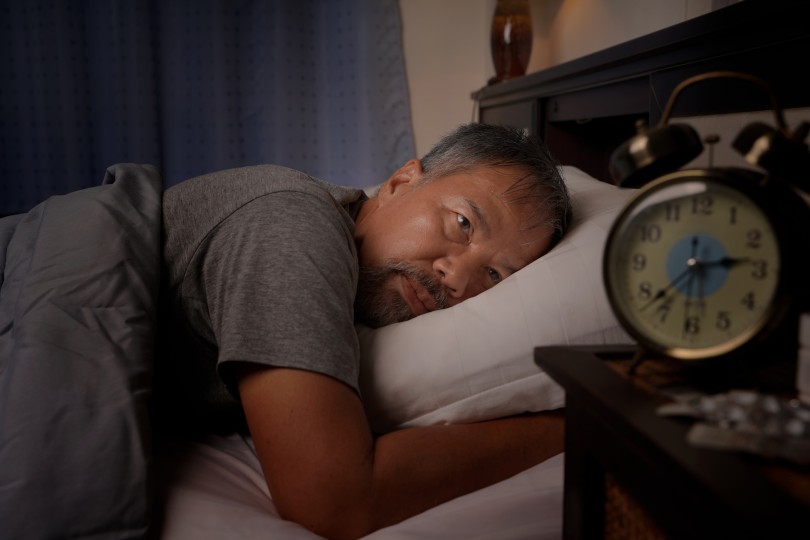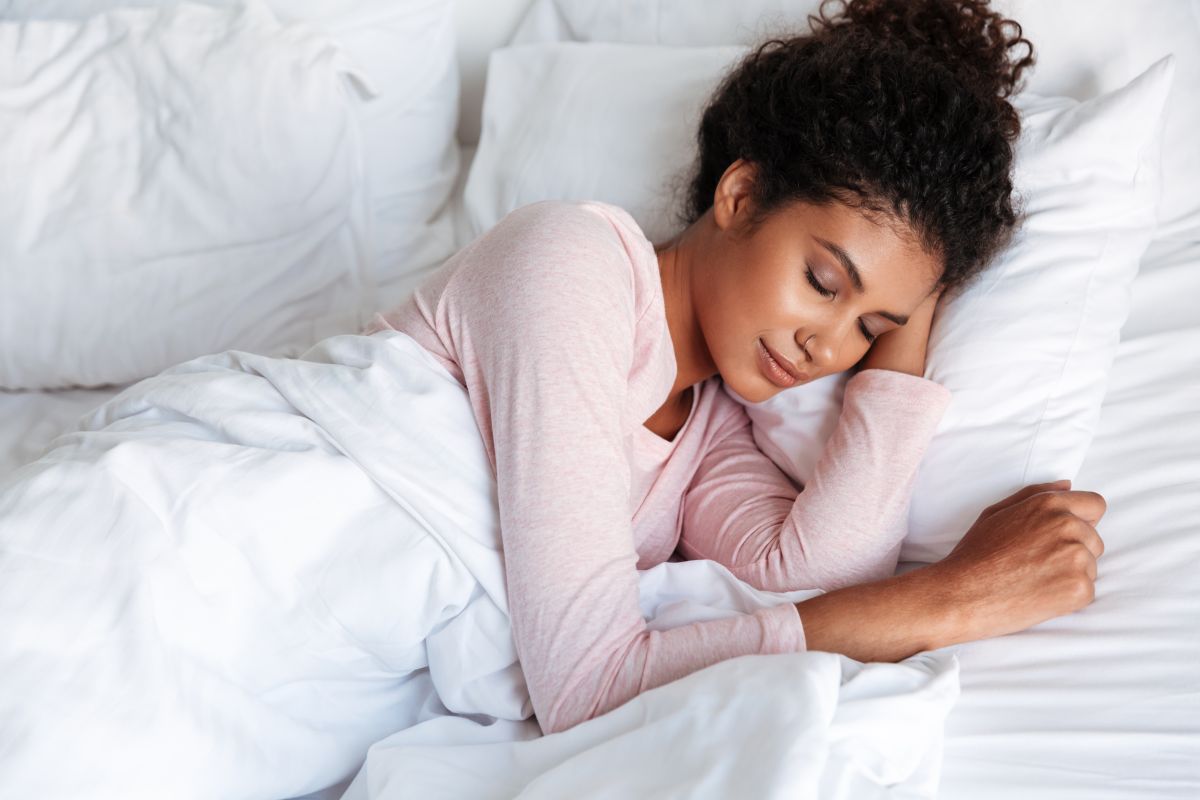Sleep Center

About our Sleep Center Services
The Sleep Center at Meadowview Regional Medical Center is accredited by the Accreditation Commission for Healthcare (ACHC), and provides diagnostic sleep studies such as polysomnogram, titrations, multiple sleep latency test (MSLT) and multiple wake test (MWT). Our comfortable sleep lab facility has spacious, private rooms. Home sleep studies are also available. The Sleep Center offers follow-up treatment for various sleep disorders.
Next Steps
Learn More
Call us to schedule an appointment or for more information about our Sleep Center Services.
Sleep Studies
According to the National Institutes of Health, nearly 70 million Americans have chronic sleep disorders such as insomnia, sleep apnea, restless legs syndrome and narcolepsy. These are conditions that make it hard for people to sleep at night or stay awake during the day. Like diet and exercise, sleep is critical to good health. When you sleep, your body rests and renews its energy levels, repairs muscles and tissues and rebuilds your immune system. Sleep disorders interrupt normal sleeping patterns and can lead to issues such as fatigue, irritability, depression, poor memory/concentration, and frequent illness.

Sleep studies are typically done in the Sleep Lab, located on the hospital campus. We now offer at-home sleep studies for your convenience. Sleep studies are tests that watch what happens to your body during sleep and help identify what is causing your sleep problems.
What Happens During a Sleep Study?
When you arrive at the Sleep Lab for your sleep study, a sleep technician will greet you at the door and show you to your private suite, equipped with a bed, television, private bathroom and Wi-Fi access. As you prepare for bed, you will complete a questionnaire about your sleep habits. The technician will then place painless electrodes on your head, chest and legs. These electrodes monitor vital signs, including your oxygen level, heart and breathing rates, and whether there are disruptions in your sleep cycle. Technicians also monitor snoring, and movement of your legs while you sleep. Once the study is complete, your physician will receive a report on your sleeping patterns that you can review together to form a treatment plan. You can prepare for your sleep lab visit by bringing your favorite pillow and comfortable sleep clothes, taking any medications prior to your visit, and not consuming caffeine during the day of your study.
Sleep problems include:
- Sleep apnea, when an adult regularly stops breathing during sleep for 10 seconds or longer. This may be caused by blocked airflow during sleep, such as from narrowed airways. Or it may be caused by a problem with how the brain signals the breathing muscles to work.
- Problems staying awake, such as narcolepsy.
- Problems with nighttime behaviors, such as sleepwalking, night terrors or bed-wetting.
- Problems falling asleep, staying asleep or getting good quality sleep (insomnia).
Sleep studies can also determine whether you have a problem with your stages of sleep. The two stages of sleep are non-rapid eye movement (NREM) and rapid eye movement (REM). Normally, NREM and REM alternate 4 to 5 times during a night's sleep. A change in this cycle may make it hard for you to sleep soundly.
Common Sleep Disorders:
Sleep Apnea
Sleep apnea is a common condition in which your breathing stops and restarts while you sleep. The most common type is called obstructive sleep apnea, which is caused by anything that can narrow your airway – such as obesity, large tonsils, or even a change in hormone levels. If you snore loudly, or if your snoring is interrupted by silence followed by a sudden gasp or snort, it may be a sign you have sleep apnea. Sleep apnea reduces the oxygen levels in your blood as you sleep. This can cause a strain on the heart and nervous system, and increases your risk of hypertension, diabetes, heart attack and stroke. The condition can be treated through lifestyle changes, surgery, or breathing devices, leading to higher quality of sleep and better overall health.
Insomnia
Insomnia is poor quality sleep or lack of sleep. Individuals with insomnia may have trouble falling asleep, staying asleep or getting good quality sleep.
Narcolepsy
Narcolepsy is a chronic neurological disorder that causes a person to have difficulty staying awake – even when they are getting enough sleep at night. Narcolepsy can cause a person to suddenly fall asleep, without warning, multiple times during the day. These attacks are dangerous and disabling because they can occur at any time during any activity. If left undiagnosed or untreated, narcolepsy can interfere with psychological, social, and cognitive function and development and can inhibit academics, work, and social activities.
Restless Leg Syndrome
Restless Leg Syndrome (RLS) is a disorder characterized by sensations in the legs such as tingling, creeping or burning and the uncontrollable urge to move the legs for relief. Symptoms generally occur when the individual is at rest and can range from mild discomfort to severe pain.
